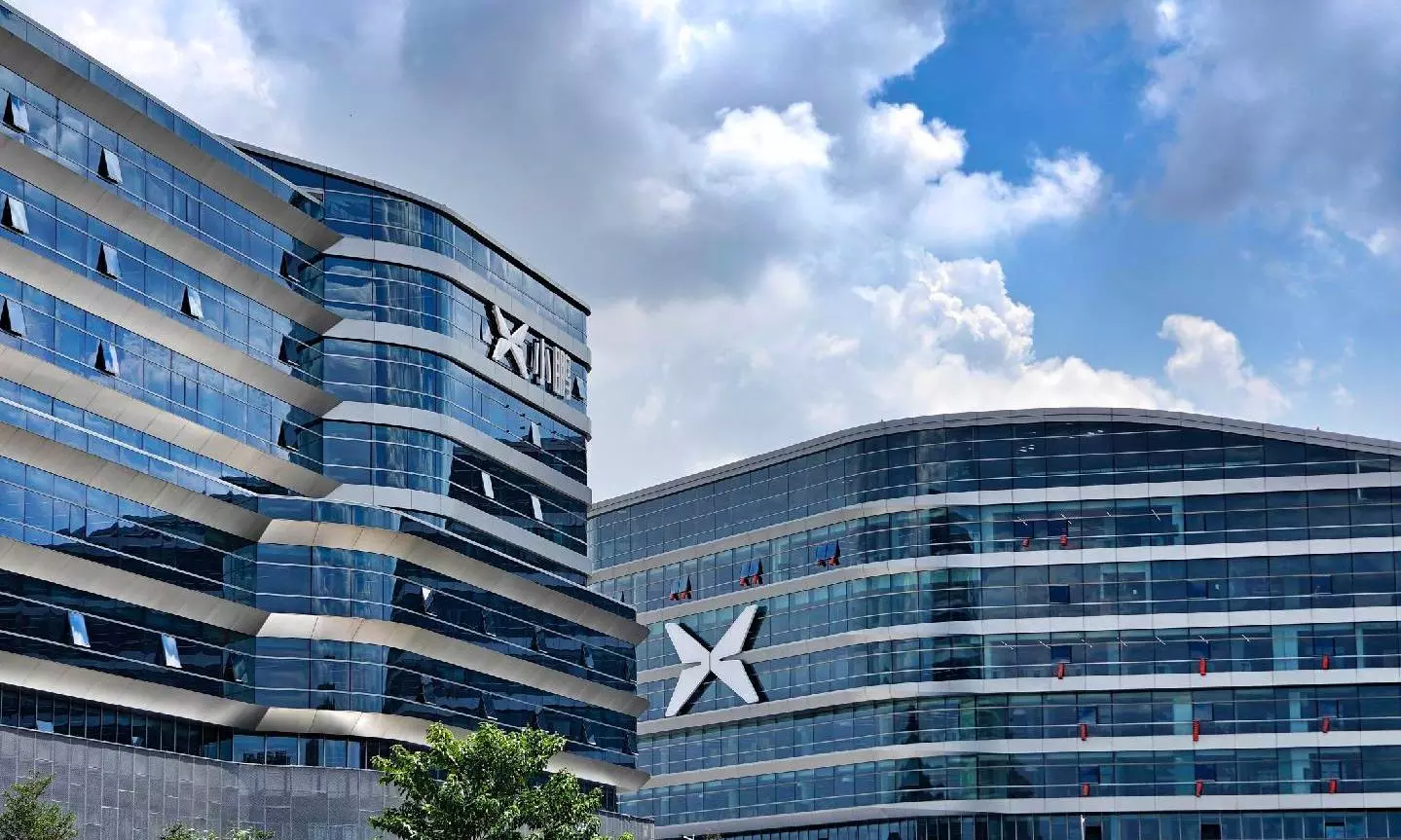
China’s Xpeng begins trial production of flying cars, racing ahead of Tesla
Xpeng Aeroht launches operations at the world’s first intelligent factory for mass-produced flying cars, marking a major step toward commercialising next-generation air mobility

A Chinese company has begun trial production of its flying cars this week, positioning itself ahead of Tesla and other global firms that are also preparing to enter the next-generation transportation market.
Xpeng Aeroht, the flying car affiliate of Chinese electric vehicle maker Xpeng on Monday (November 3) began trial production at the world’s first intelligent factory for mass-produced flying cars, a milestone in the commercialisation of next-generation transport. Xpeng announced the production plan ahead of Tesla launching its flying car version.
Also Read: Starbucks sells 60 pc stake in China business in USD 4 billion deal with Boyu
According to the state-run news agency Xinhua, this factory is located in the Huangpu district of Guangzhou, the capital of south China’s Guangdong Province. The 1,20,000-square-metre plant has already rolled out the first detachable electric aircraft of its modular flying car, the “Land Aircraft Carrier”.
Xepeng’s eVTOL features
The facility at Huangpu is designed to have an annual production capacity of 10,000 detachable aircraft modules, with an initial capacity of 5,000 units. It has the largest production capacity of any factory of its kind, and will be capable of assembling one aircraft every 30 minutes once fully operational, the report said.
Xpeng said it had secured orders for nearly 5,000 flying cars since its product release, and mass production and delivery were scheduled in 2026. The flying car comprises a six-wheel ground vehicle, referred to as the “mothership”, and a detachable electric vertical take-off and landing (eVTOL) aircraft.
Also Read: Why Oct 4-10 is celebrated as World Space Week; how India celebrates it
Xpeng’s eVTOL cars offer both automatic and manual flight modes. Its automatic mode enables smart route planning, as well as one-touch take-off and landing. At about 5.5 metres in length, the vehicle can be driven on public roads with a standard licence and parked in regular spaces, the Xinhua report said.
Tesla's flying cars
Tesla founder Elon Musk was quoted by US TV channel Fox as saying that podcaster Joe Rogan asked for specifics about the technology, like whether the automobile would have a “retractable wing”, but Musk only said that the unveiling “has a shot at being the most memorable product unveil ever”. Musk also said that the project would be unveiled in a couple of months.
Also Read: After 9 failed attempts, SpaceX's Starship successfully deploys 8 dummy satellites
“We need to make sure that it works,” he said. “Like, this is some crazy, crazy technology we got in this car. Crazy technology”.
More in the pipeline
Another US firm, Alef Aeronautics, has recently demonstrated its flying car test runs and announced that its commercial production would begin soon. In an interview with Fox News, Alef Aeronautics CEO Jim Dukhovny said his firm had already secured pre-booking orders worth over $1 billion.
According to him, those who would own his flying cars would be required to have both a driving licence and a light plane flying licence. He hinted that it would be manually operated cars.
Impact of US tariff
According to data from China Passenger Car Association (CPCA), 50-odd EV builders in China exported a total of 2.01 million pure electric and plug-in hybrid vehicles overseas in the first eight months of the year, up 51 per cent from the same period a year earlier. But the Chinese EV makers are facing pushback abroad as the EU has imposed a 27 per cent tariff on Chinese EVs to limit their sales in the bloc.
Also Read: How ISRO-NASA’s NISAR satellite will revolutionise earth monitoring from space
Domestically also, the Chinese EV makers are victims of discount wars and chronic overcapacity on the mainland, according to a report published in August by global consultancy AlixPartners.
Only half of China’s electric vehicle production capacity – about 20 million units – was used last year, according to Goldman Sachs. Among the country’s EV builders, only four – BYD, Li Auto, Seres and Leapmotor – are profitable, according to a recent report by the Hong Kong-based South China Morning Post.

